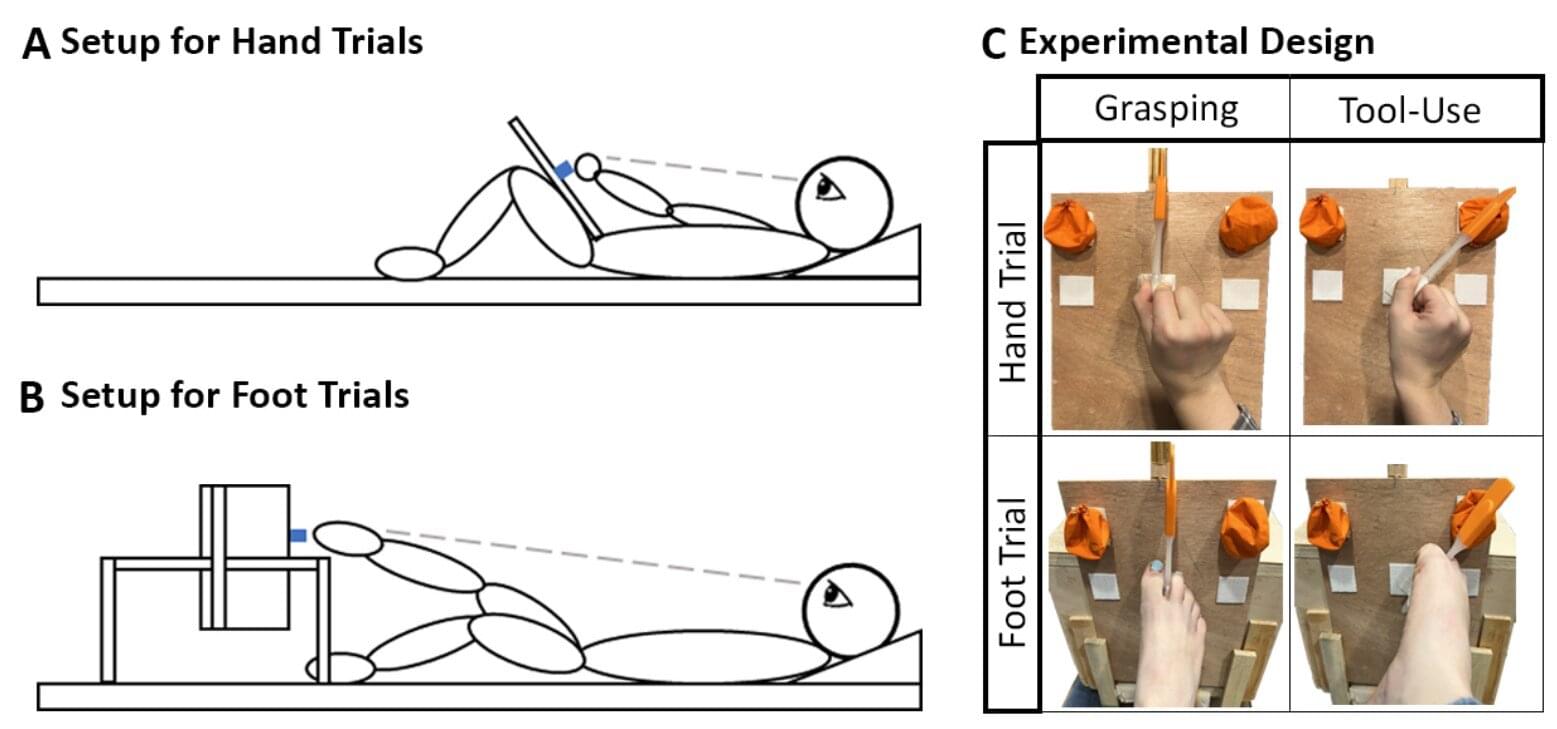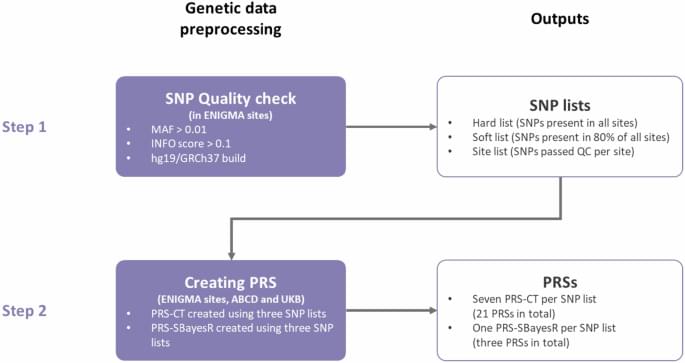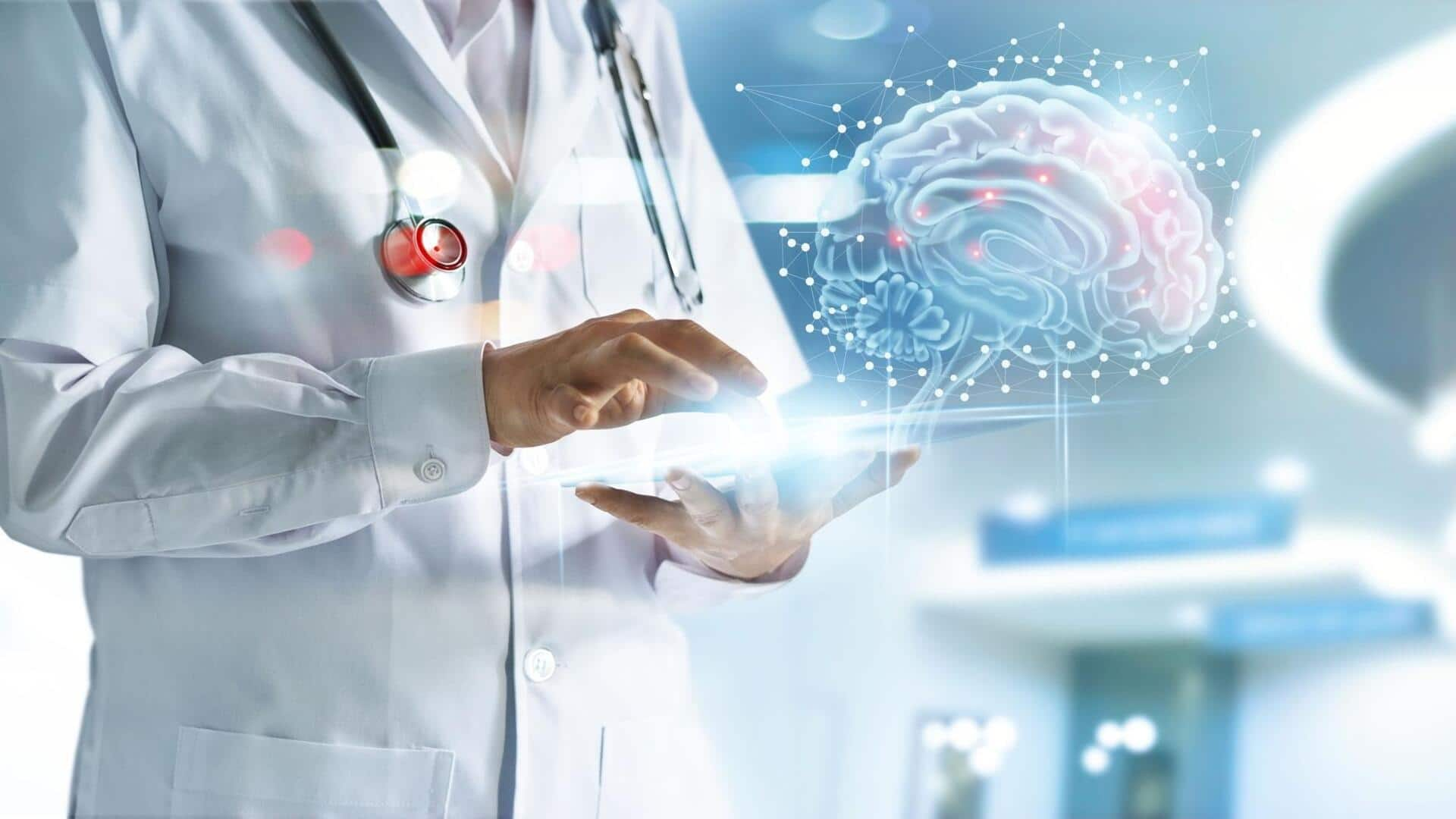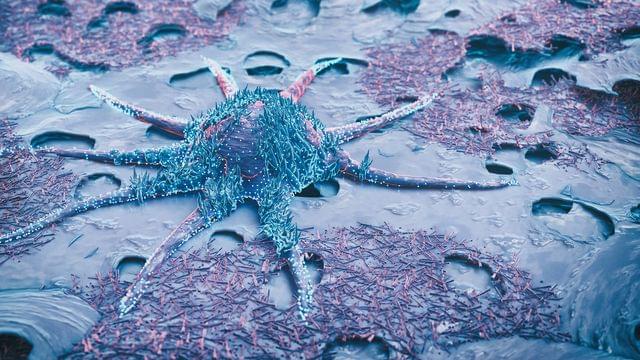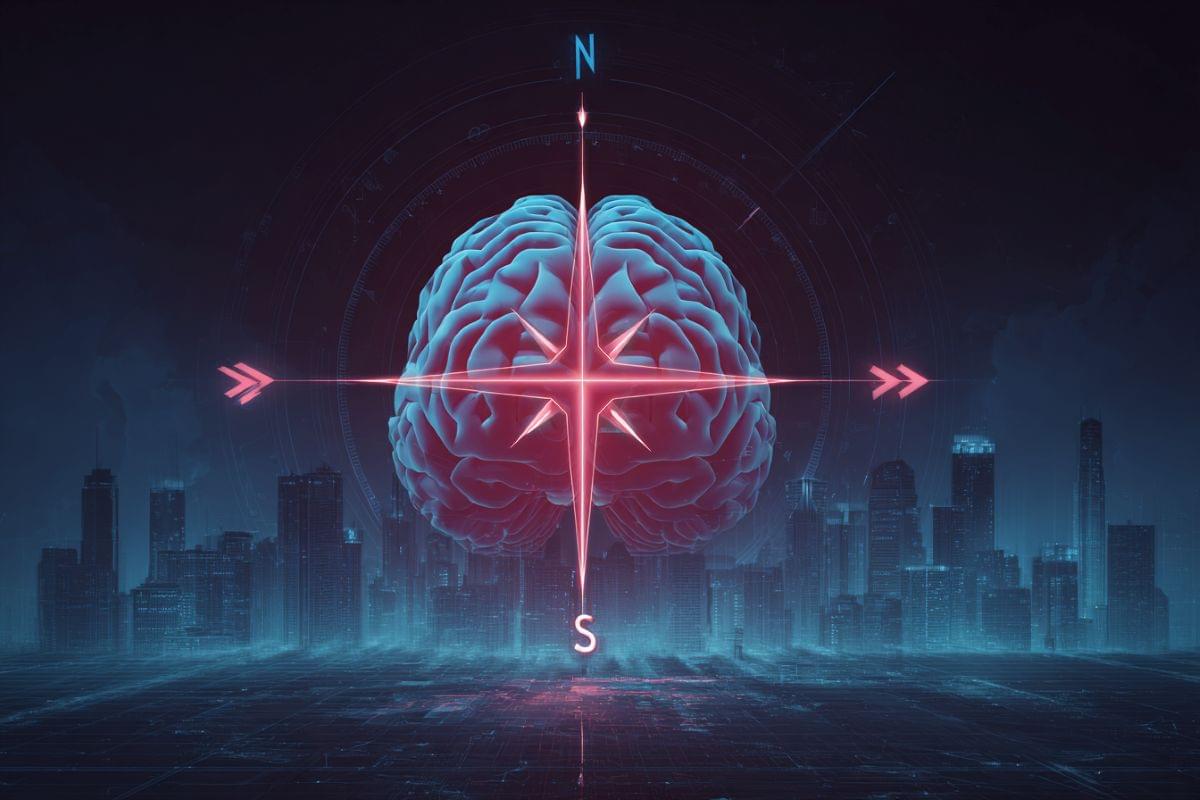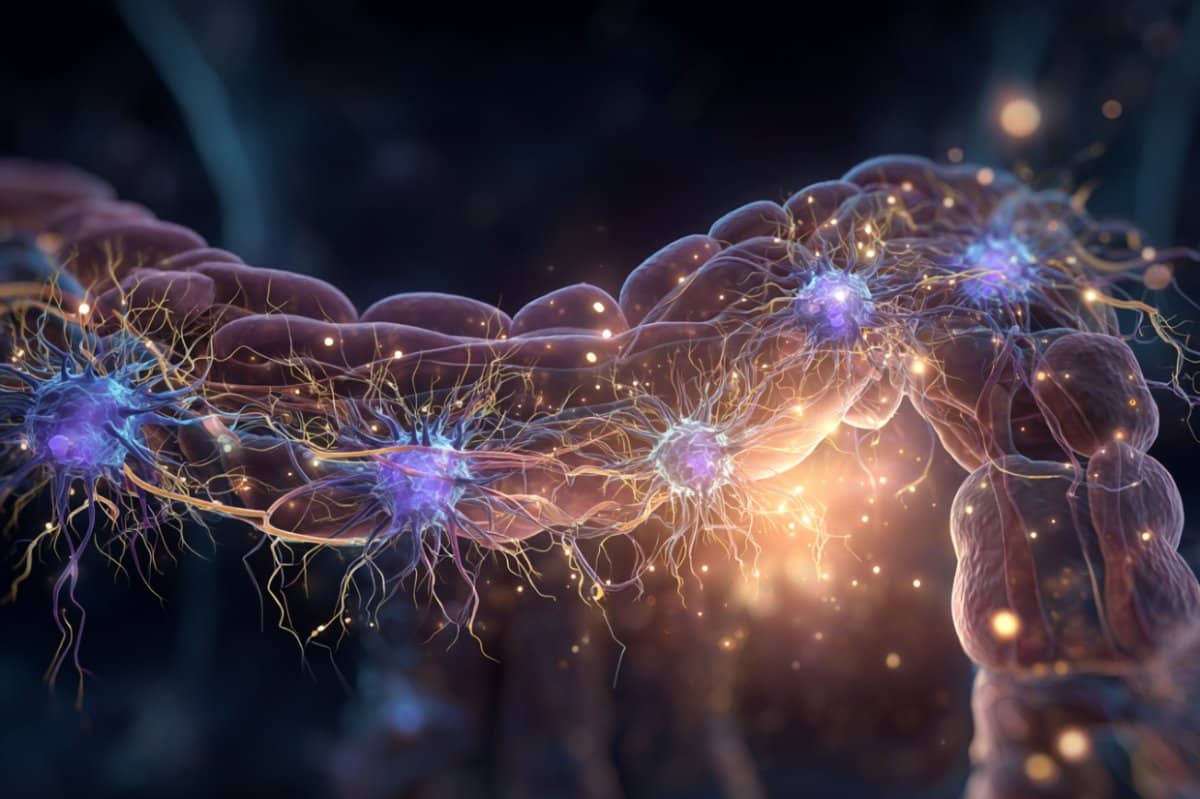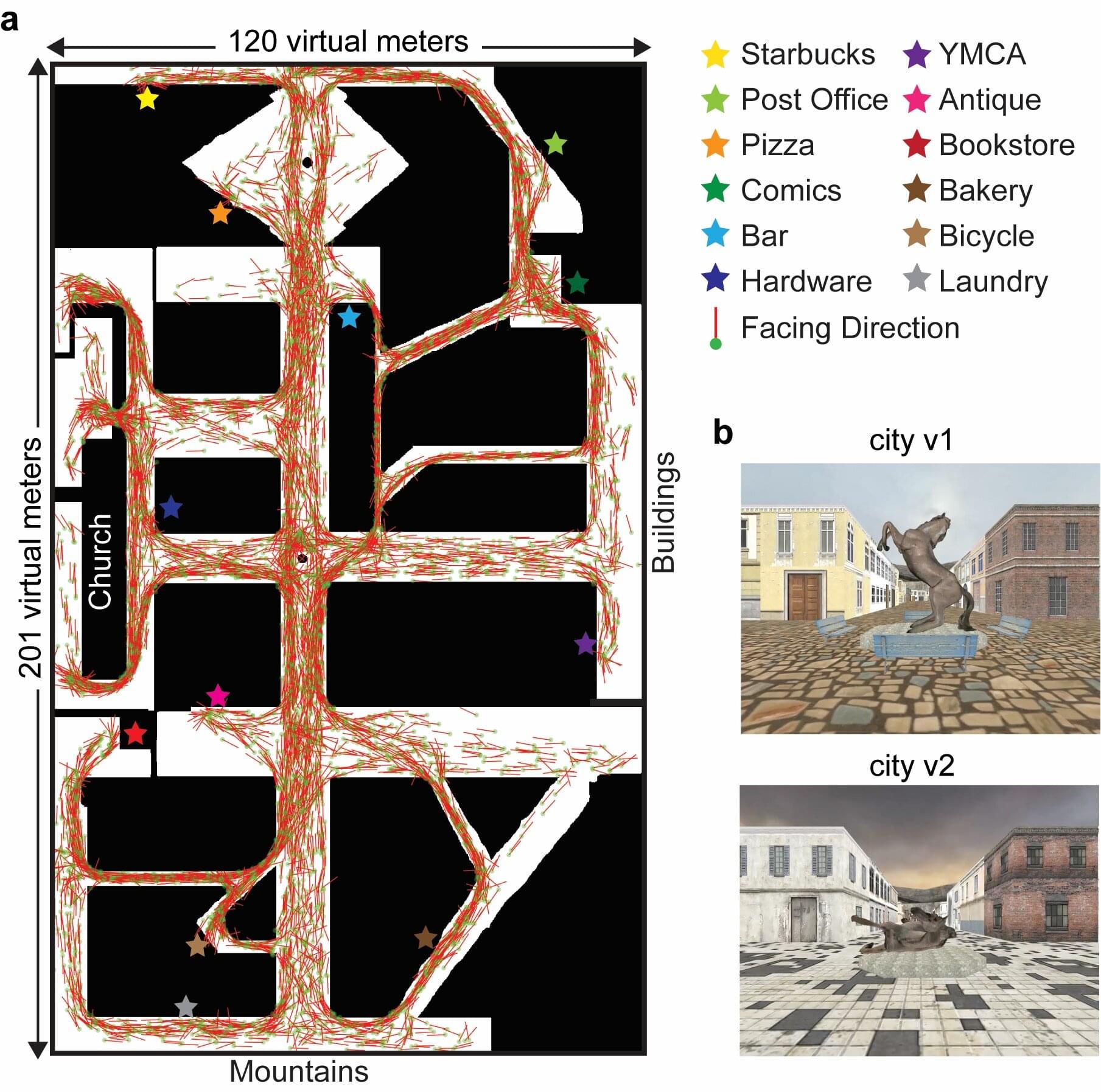Conventional wisdom among neuroscientists suggests that the brain’s motor functions are organized around the body, meaning certain brain areas control the hand; others the foot. An emerging alternative theory is that parts of the brain may be organized by the types of action, like reaching or using tools, no matter which body part is used to complete the task.
Researchers at Georgetown University recently set out to understand these theories, because knowing how the brain is organized around function versus body part has profound implications for rehabilitation and a person’s return to function following a brain injury.
The findings are published in the Proceedings of the National Academy of Sciences. The work is titled “Action-type mapping principles extend beyond evolutionarily-conserved actions, even in people born without hands.”
